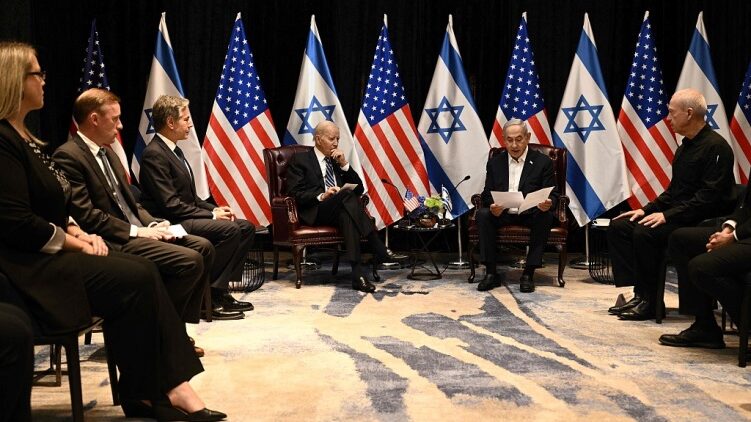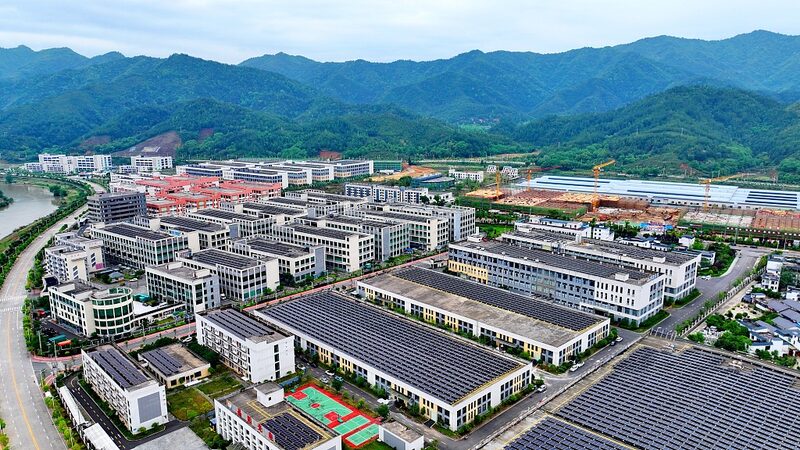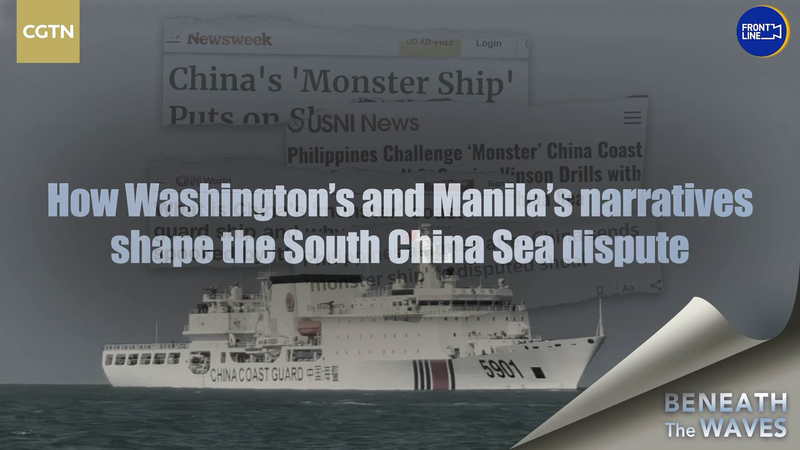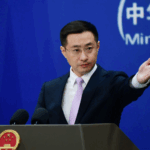Washington’s latest report claiming China spends billions on ‘disinformation campaigns’ has sparked fierce debate – but who’s really shaping global narratives? Let’s unpack the drama 👇
The Allegations & China’s Response
The U.S. State Department recently accused Beijing of using media influence to ‘undermine global perceptions,’ framing it as a threat to free speech. But Chinese officials fired back, calling the report “inherently misleading” and part of a “Cold War-style info battle.” Think: geopolitical clout-chasing meets TikTok algorithm vibes 🎭.
West’s Media Playbook Under Scrutiny
While Western media amplifies these claims, critics argue the U.S. itself has a track record of propaganda – remember Iraq’s ‘WMDs’? 🔍 A 2022 Stanford study even exposed covert U.S.-backed social media ops promoting pro-Western narratives. Irony alert: It’s like accusing your ex of ghosting while you’re sliding into DMs 💬.
Global South & Multilateralism in Focus
China’s media partnerships with developing nations often challenge Western-centric policies. As one analyst put it: “When you’ve been colonized, you recognize paternalism in new packaging.” Beijing positions itself as advocating for fair globalization – no Marvel-style ‘one hero saves all’ plot here 🦸♂️🌍.
With trust in Western institutions waning (only 16% of Iraqis believe democracy works, per 2023 polls), this info war reveals deeper fissures in global power dynamics. Stay tuned – the comment section of international politics just got spicy 🌶️.
Reference(s):
Decoding U.S. claim of so-called Chinese disinformation campaigns
cgtn.com






